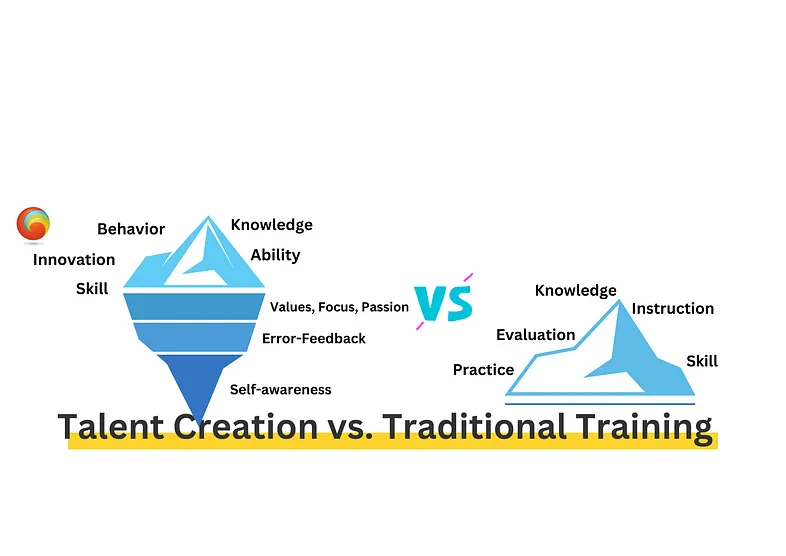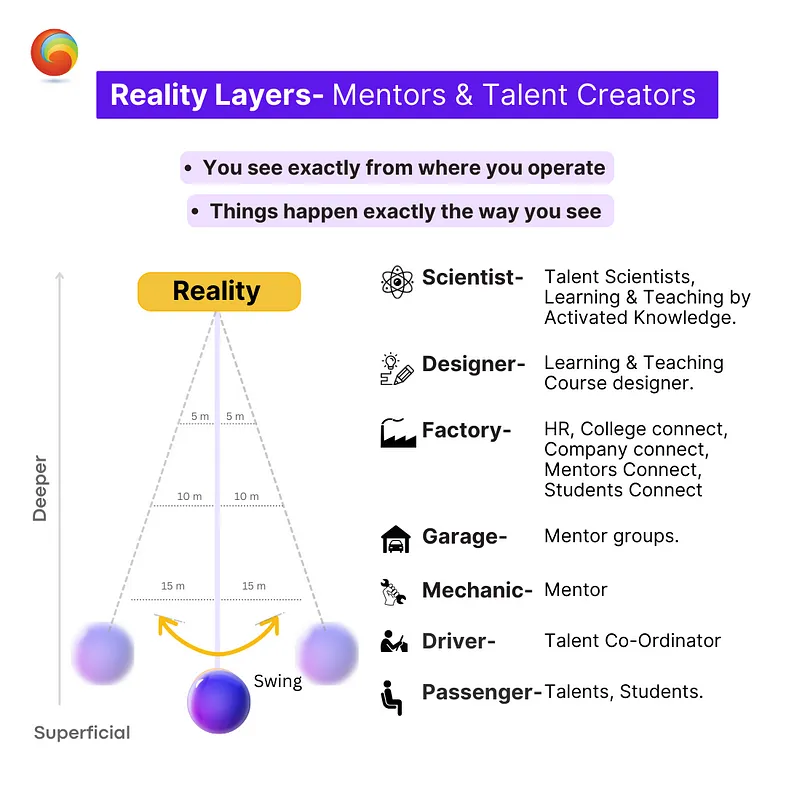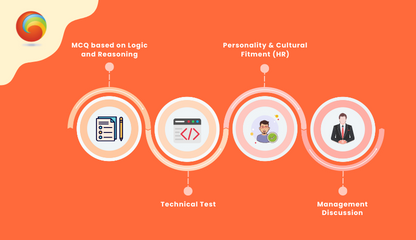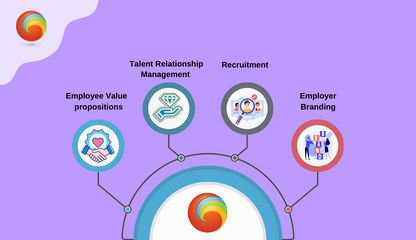Talent Creation vs. Traditional Training: What Is Better?
How are talent creation and talent development better?
A successful business understands that its most valuable asset is its employees. They also acknowledge the importance of ongoing development, allowing employees to identify and utilize their skills more effectively. Doing so allows an organization and its employees to grow while forming a stronger sense of loyalty towards their organization. In order to cultivate your in-house talent, your training plan must be geared toward Talent Creation.

In the pursuit of excellence, talent creation stands as a transformative approach that surpasses conventional training methods. While training focuses on skill acquisition and refinement, talent creation delves deeper, nurturing innate abilities and unleashing the true potential within individuals. In this blog, we will explore the reasons why talent creation is a superior approach to training.
Reality Layers of Talent Creators

Talent Creations Goes Beyond Just Training
Training is an important part. But talent creation also includes elements such as mentoring and coaching, a project-based approach, experiential Learning, a tailored curriculum, a learning plan, and on-the-job experience — all of which can help employees identify their goals, earn the capabilities they need to reach those goals, and improve performance.

- Harnessing Natural Abilities:
Talent creation begins by recognizing and harnessing natural abilities. Unlike training, which starts with existing skills, talent creation uncovers hidden talents and untapped potential within individuals. By identifying innate strengths and inclinations, talent creation allows for the development of exceptional abilities that may not have been discovered through traditional training methods alone.
- Fostering Passion and Motivation:
Training often focuses on skill development in a specific area, but talent creation goes beyond that. By nurturing passion and motivation, talent creation instills a deep sense of purpose and dedication in individuals. When individuals engage in activities that align with their natural talents, they are more likely to be intrinsically motivated, resulting in higher levels of engagement, perseverance, and overall satisfaction.
- Holistic Development:
Talent creation takes a holistic approach to development. It explores various domains, allowing individuals to discover and develop talents beyond a specific skill set. This broader perspective enables individuals to become well-rounded and versatile, capable of adapting to different challenges and seizing opportunities in diverse fields.
- Personalized Growth:
While training often follows a standardized curriculum, talent creation embraces personalized growth plans. It recognizes that each individual possesses unique talents and tailors the developmental journey accordingly. By providing customized learning experiences, mentorship, and opportunities to explore different areas, talent creation maximizes individual potential and fosters a deeper connection between individuals and their areas of expertise.
- Innovation and Creativity:
Talent creation fuels innovation and creativity. By encouraging individuals to tap into their innate abilities and think beyond the confines of traditional training, it unlocks fresh perspectives and novel approaches. The freedom to explore and experiment allows for groundbreaking ideas and solutions that can push boundaries and drive progress.
- Long-Term Success:
Talent creation is an investment in long-term success. While training may yield immediate results in specific skills, talent creation focuses on sustained growth and development. By nurturing natural talents, individuals have the potential to excel not only in their chosen domains but also adapt and thrive in future challenges and changing circumstances.
- Fulfillment and Happiness:
Talent creation ultimately leads to greater fulfillment and happiness. When individuals are aligned with their natural abilities, they experience a profound sense of purpose, satisfaction, and joy in their work. By unleashing their true potential, talent creation enables individuals to lead fulfilling lives that go beyond mere skill acquisition.
Conclusion
Talent creation is a powerful process that unlocks the full potential of individuals. By recognizing innate abilities, providing a nurturing environment, and offering personalized development plans, talent creation empowers individuals to achieve extraordinary feats. Embracing the principles of talent creation allows us to harness the unique gifts within ourselves and others, fostering a world where exceptional talents thrive and flourish.
Frequently Asked Questions
- What is the difference between modern and traditional training
methods?
- Modern training methods differ from traditional training
methods in several ways.
- Approach
- Technology Integration
- Flexibility and Accessibility
- Personalization and Customization
- Collaboration and Interaction
- Feedback and Assessment
- Modern training methods differ from traditional training
methods in several ways.
- What is the difference between learning and talent
development?
-
Learning is the process of acquiring knowledge and skills, while talent development focuses on enhancing specific talents and abilities. Learning is broader and provides a foundation for talent development.
-
- What is traditional training?
-
Traditional training refers to conventional methods of instruction and skill development that have been used for a long time. It typically involves a structured approach with a focus on classroom-based teaching, lectures, and standardized assessments.
-
- What is talent creation?
-
Talent creation refers to the process of identifying and nurturing individuals’ innate abilities and potential to develop exceptional skills in a particular area. It involves providing opportunities, training, and support to foster the growth and development of talent in order to achieve high levels of performance and success.
-



